In the realm of sports and performance enhancement, athletes are constantly seeking new ways to optimize their abilities. One emerging area of interest is the use of peptides, which hold promising potential for improving performance. In this article, we will delve into what peptides are, how they function in the body, and their role in enhancing performance.
Understanding Peptides
Peptides are short chains of amino acids, the building blocks of proteins. They occur naturally in the body and play essential roles in various physiological processes. Peptides are involved in signaling pathways, cell communication, hormone regulation, and tissue repair. Each peptide has a specific sequence of amino acids, and this sequence determines its unique properties and functions.
Peptides and Performance Optimization
- Growth Hormone (GH) Peptides: One significant category of peptides used for performance optimization includes growth hormone-releasing peptides (GHRPs) and growth hormone secretagogues (GHSs). These peptides stimulate the production and release of growth hormone from the pituitary gland. Increased levels of growth hormone can contribute to enhanced muscle growth, fat loss, improved recovery, and increased strength.
- Muscle Building and Repair: Certain peptides, such as selective androgen receptor modulators (SARMs) and insulin-like growth factor 1 (IGF-1) peptides, can support muscle building and repair processes. SARMs target androgen receptors in muscle tissue, promoting muscle growth without the negative side effects associated with anabolic steroids. IGF-1 peptides, on the other hand, stimulate the growth of new muscle cells and aid in tissue repair.
- Endurance and Stamina: Peptides like erythropoietin (EPO) and melanotan II (MT-II) have gained attention for their potential in improving endurance and stamina. EPO stimulates the production of red blood cells, increasing oxygen-carrying capacity and improving endurance performance. MT-II can enhance tanning and has been reported to improve exercise capacity and recovery.
- Recovery and Injury Healing: Peptides such as BPC-157 (Body Protection Compound-157) and TB-500 (Thymosin Beta-4) have shown promise in promoting recovery and healing from injuries. They exhibit regenerative properties and may enhance tissue repair, reduce inflammation, and accelerate the healing process.
Responsible Use and Considerations
It is important to note that the use of peptides for performance enhancement is a complex and evolving field. Athletes should exercise caution and consider the following points:
- Legality and Regulations: The use of certain peptides for performance enhancement may be prohibited by sporting authorities and subject to anti-doping regulations. Athletes should familiarize themselves with the rules and regulations governing their respective sports.
- Professional Guidance: Consultation with a qualified healthcare professional, such as a sports medicine specialist or endocrinologist, is crucial before considering peptide use. They can provide personalized advice, assess potential risks, and monitor progress to ensure safe and responsible use.
- Quality and Source: Given the market’s proliferation of unregulated peptide products, athletes should source peptides from reputable and reliable suppliers. Quality control, purity, and proper dosing are critical factors to consider.
Conclusion
Peptides hold promise in optimizing performance by influencing various physiological processes. Their ability to stimulate growth hormone release, promote muscle building and repair, enhance endurance, and support recovery makes them an area of interest for athletes seeking a competitive edge. However, responsible use, adherence to regulations, and professional guidance are vital to ensure safe and ethical practices. As with any performance-enhancing strategies, the focus should always be on a holistic approach that includes proper nutrition, training, rest, and overall well-being.
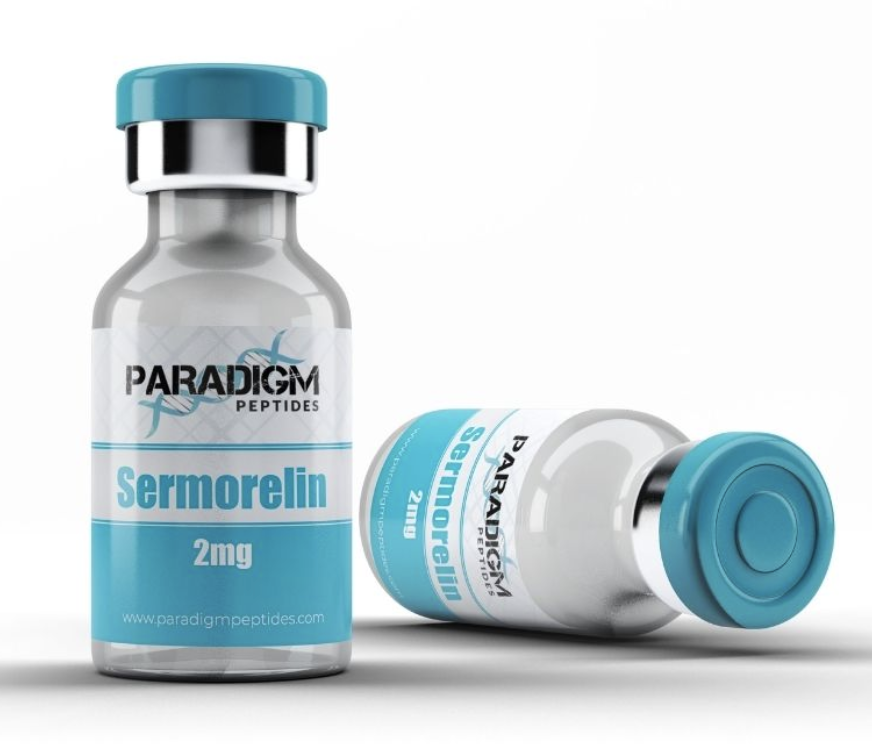






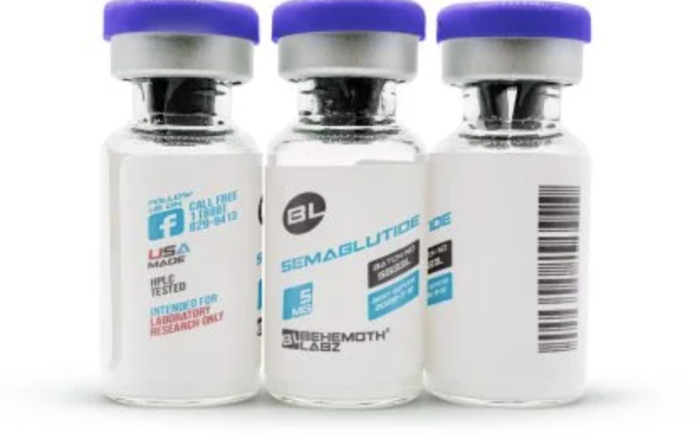
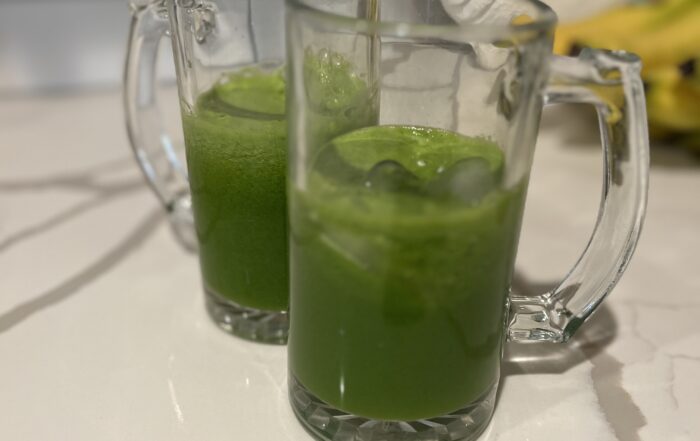

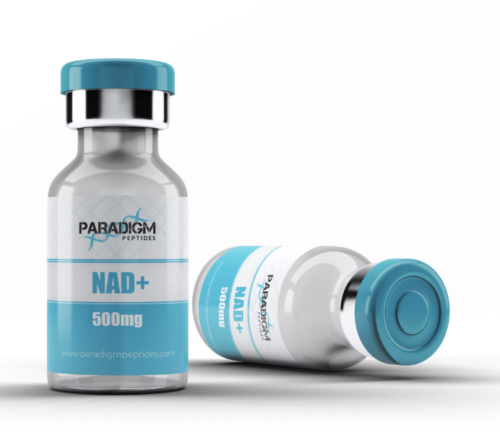

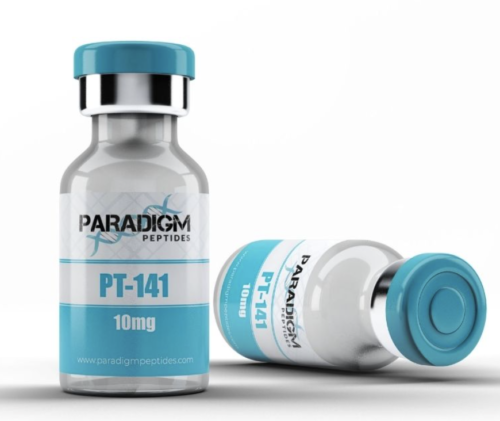
Leave A Comment